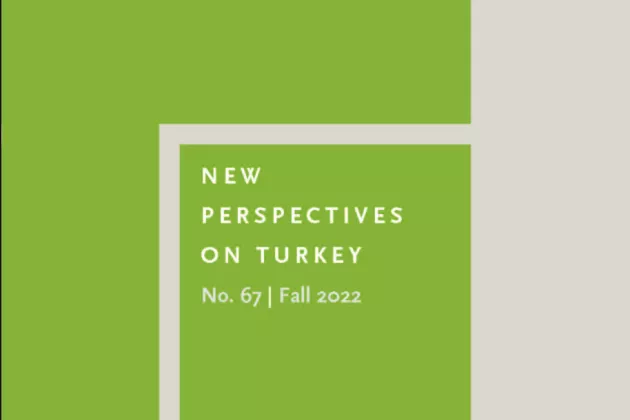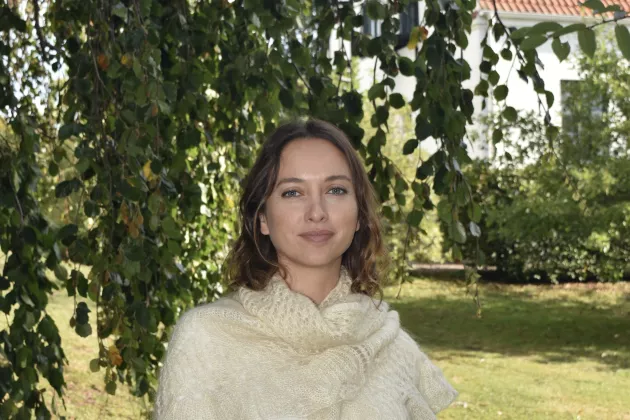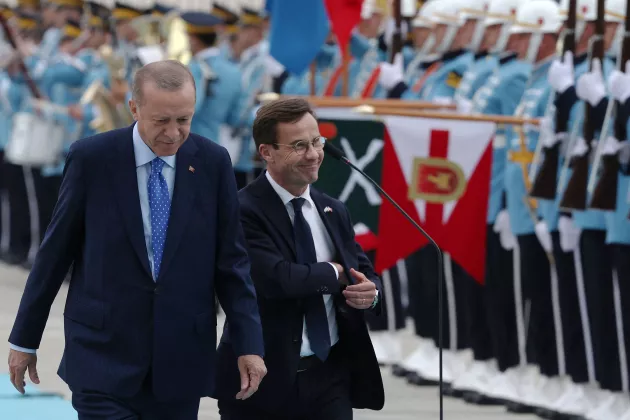This article contributes to the existing literature on the populist online communication of governments. We look at the role of the micro-blogging social media platform Twitter under the authoritarian rule of President Recep Tayyip Erdoğan and the wider Justice and Development Party (Adalet ve Kalkınma Partisi; AKP) during the peace process. We carried out a rhetorical analysis of the Twitter posts of four key AKP actors – Recep Tayyip Erdoğan, Ahmet Davutoğlu, Yalçın Akdoğan, and Efkan Ala – between July 1, 2012 and November 1, 2015. First, we show that the AKP actors persistently label the Kurdish political movement in Turkey and in Syria as a threat to the national security of Turkey, reflected in their rhetoric toward the remilitarization and resecuritization of Turkey’s Kurdish question within and across its borders. Second, we argue that the AKP used the peace process and various persuasive communicative techniques not only to consolidate Kurdish electoral support, but also to reach its aim to remove the Kemalist military–bureaucratic tutelage in Turkey that was replaced with hyper-presidentialism under the strong personality cult of Erdoğan. Third, we argue that Erdoğan’s increased one-man power has been reflected in the AKP’s branding itself as the only viable choice for the Kurdish region’s stability, which has blocked more constructive dialogue toward a peaceful resolution to the Kurdish question.
Erdoğan, Twitter and the Kurdish Peace Process

CMES researcher Pinar Dinc has co-authored the article "From resolution to resecuritization: populist communication of the AKP’s Kurdish peace process in Turkey" together with Ozge Ozduzen (University of Sheffield) published in the journal New Perspectives on Turkey.



